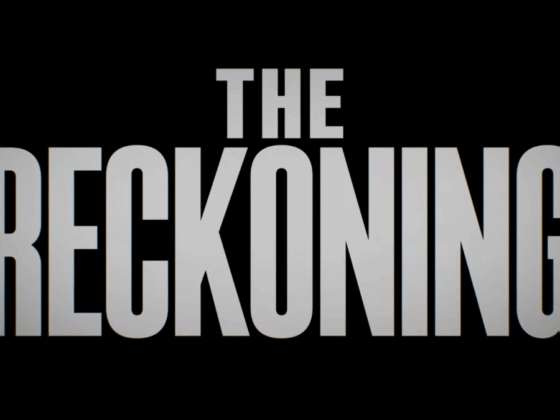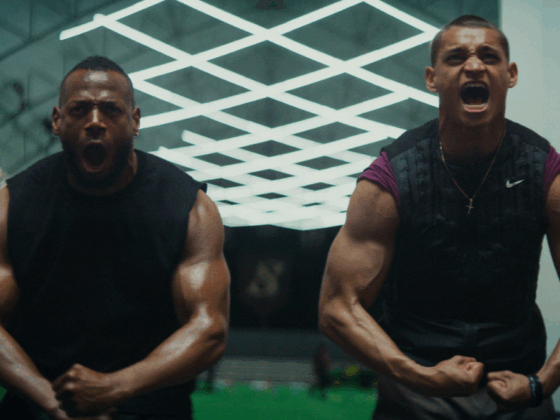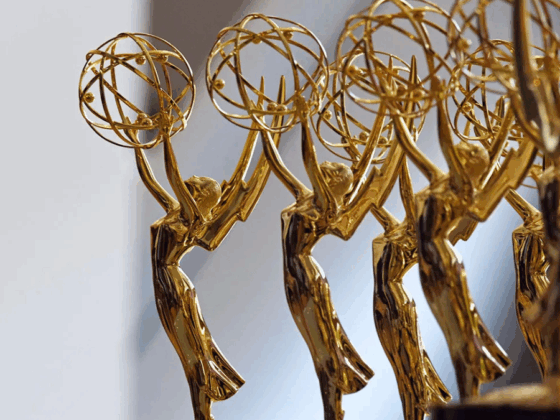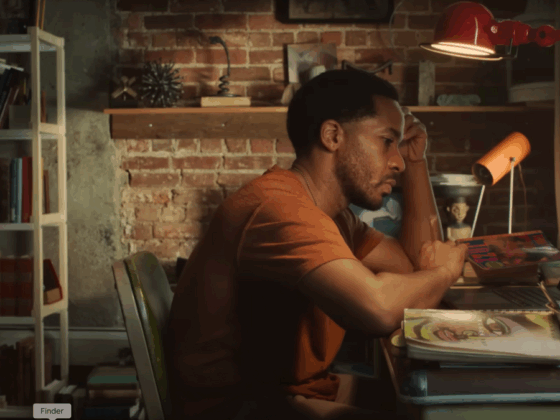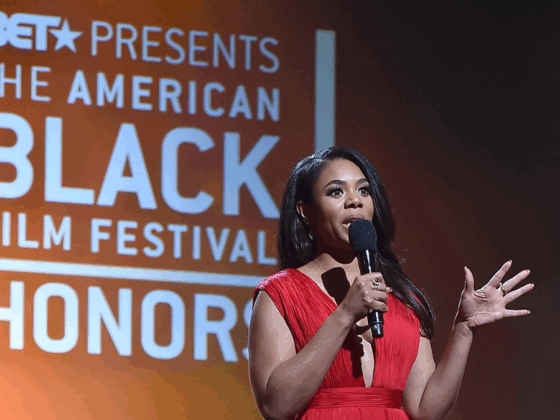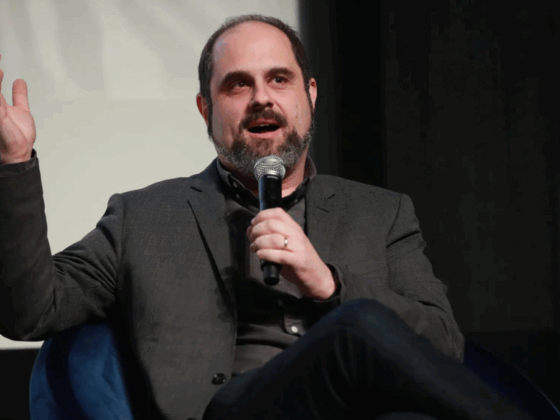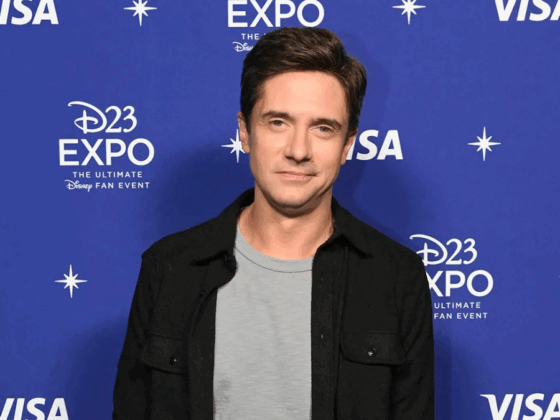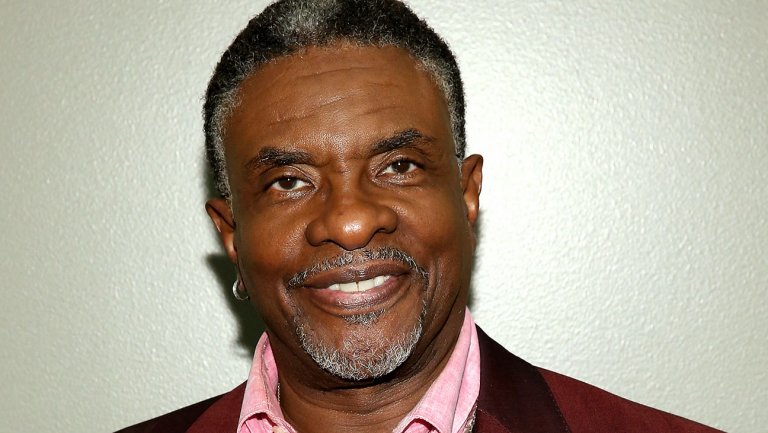
Some of us are described best by the words of others. Keith David is one who most certainly fits into this category. Verses seven of the second chapter of the Epistle of Titus reads, “Show yourself in all respects to be a model of good works, and in your teaching show integrity, dignity.”
Raised in Queens during the Civil Rights Movement, David has grown to be a man of integrity both on and off screen. Starring in classic films ranging from Barbershop to Crash, David has always given 110% to everything he has his hand in. Beyond his on screen roles, David has raised many of us through his iconic voice acting roles. From his time as Sgt. Foley in Call of Duty: Modern Warfare 2 to giving life to Goliath in Gargoyles, David’s voice is a major part of many 1990’s kids.
Now, David stars as James Greenleaf in the award-winning series, Greenleaf, on OWN. Alongside a star-studded cast that includes Oprah, Lovie Simone, Lynn Whitfield and Lamman Rucker, David offers himself in a way that is both relatable and moving. Both David and Greenleaf are fathers who hope to do right by their children while supporting their wives in the best way they can. As the series nears its series finale this summer, David talked to Culture Editor Ryan Shepard about ATL, Head of State, Greenleaf, fatherhood and much more.
Ryan Shepard: I do want to talk to you about Greenleaf and your work on NCIS. However, I do want to start with your time in New York. You were born in Harlem and grew up in Queens in the 1960s and 1970s. Looking back at your childhood, what did you gain from a unique experience of growing up in New York that can positively contribute to the person you are now?
Keith David: I only grew up in New York, so I had no other frame of reference. Now, I can talk about things from a different perspective, but it was what was happening at the time. At the time, New York was always a place to be when things were happening. The Civil Rights Movement was gaining momentum from the 1950s and the Black Power Movement was coming in. I was a kid, but I was right in the midst of it.
My father was very much—I guess you would call him a militant in those days. He was very pro Black and about the Black Power Movement. That was great to be a part of as well. Looking back on it, you see how systemic racism is because it was a struggle. Here we are trying to claim equality for ourselves. I mean when I was growing up I was told that you’re as good as anybody else out there, black or white. I was told there was no white person out there better than you. I didn’t grow up in a racist household. We didn’t hate white people, but I was taught that we weren’t inferior to them either. I think the real struggle here is for we, as human beings, to recognize our equality. The question we have to ask is why some have to boost up themselves at the expense of somebody else? That’s a very—I want to say—European or Anglo Saxon way of doing things. The empire conquering everybody else around them.
That’s a whole other conversation, but I think that’s what we need today. We need to recognize that we’re all in this together. Earth is the place that we all inhabit. If we don’t take care of this Earth and do right by it, there won’t be any people to inhabit it. You can’t rule people if there’s nobody there to rule over. Maybe, one day you’ll understand that you shouldn’t be ruling over. We should be sharing the responsibility to take care of the planet and each other.
Over time, you’ve made your way from New York to Memphis. You’re currently working on Greenleaf, which is in its last season. In an interview with Oprah, you said something about the show that stuck with me. You noted that you felt connected to the show and your character because you felt like when you read the script that the characters were real people that viewers could relate to. Looking at it from that perspective, what advice would you give your character in the show’s final season as he transitions into a new part of his life?
I would say to him, pray for the willingness—to accept the will of God. I think he’s come to a season in his life when he’s willing to atone and accept God’s will with some reluctance. If I had any advice for him, I would say as you are praying for the willingness to accept the will of God, pray for grief and acceptance. Pray for grief to accept the will, especially when it doesn’t align with what you’d like to be doing.
“I always want to encourage you to learn something while you’re listening. I also want you to be entertained while you’re listening as well.”
Outside of his role as a pastor, we’ve also seen him evolve as a father. We’ve watched him grow, not just as a man of God, but also as a father interacting with his kid. What lessons, if any, have you learned from playing this character that may have made you look at fatherhood differently?
Listen to your children. Be less insistent on them doing it my way just because I think it’s best. That doesn’t mean I let them steer the ship without being nearby in case I need to grab the wheel, but I let their lessons be their lessons. Everybody’s path is different and I also have to trust that between their mother and I, that their upbringing is such that I have to learn to trust their choices. Now, we’re all going to make mistakes, but sometimes a great mistake is a great lesson learned. All we can do is remain unalterable. Always.
One aspect I enjoy about Greenleaf is that although it is a drama, there are also moments when the serious nature drifts over into laughter. Throughout your career, many of your most memorable moments have involved seriousness that turns into laughter. Whether it’s the scene in Men At Work when you tell Emilio Estevez’s character to touch another man’s fries or your time in ATL, you manage to create laughter. How do you break through those moments of seriousness and drift into subtle comedy? Is it planned or do those moments happen naturally?
Sometimes it’s all of the above. I try, especially in a drama, to find the humor in life and the moment. Sometimes there’s nothing funny. You have to deal with that.
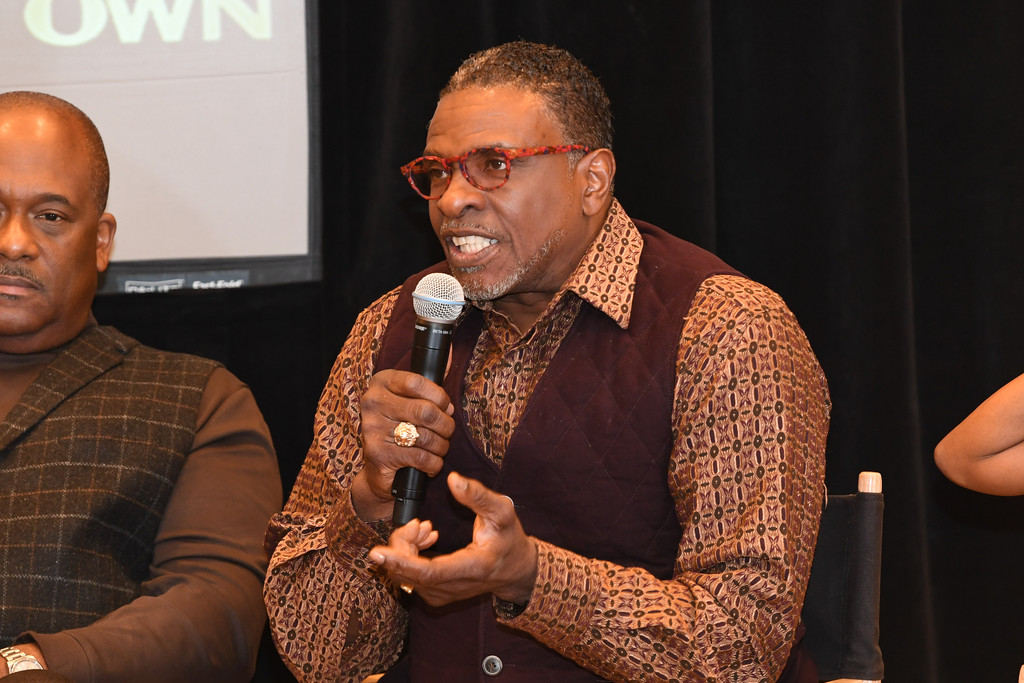
(Feb. 2, 2017 – Source: Paras Griffin/Getty Images North America)
In working with Greenleaf, you’ve experienced great success with the show being nominated for an NAACP Image Award in 2018 and you being nominated for your role in 2019. Prior to Greenleaf, you won an Emmy for The War. You also picked one up for the Jack Johnson documentary, Unforgivable Blackness. As someone who has covered boxing, I feel that Jack Johnson is one of the most interesting figures in American history. In narrating the documentary, did you learn anything about him that you didn’t know before? If so, what lessons can you take from his life and apply it to your own?
I learned a lot about Jack Johnson that I didn’t know. He was a violinist. He was a poet. He was a man who lived life on his own terms—not being told what to do. He did it at a time when it was still very much a Jim Crow America and he was determined not to be treated as less. You may not like the way he did it, but you have to admire that. I certainly admire that about him. As a matter of fact, it was W.E.B. Du Bois who coined the phrase. He said, “That’s why America doesn’t like Jack Johnson. Because of his unforgivable Blackness.” He’s not trying to be white. He’s not trying to be [something he’s not]. He was only himself as a Black man and what he can do. You have to admire that, especially given the time.
In speaking about Jack Johnson’s legacy, I wanted to touch upon your legacy. Throughout your career, you have appeared in a number of movies that have stood the test of time. One of the movies that fit into that category is ATL. For nearly fifteen years, the movie has lived on. It wasn’t a huge production, but rather it was simple and to the point of what it was meant to be. What was your lasting impression of that film? Why do you think it’s been able to live on for so long?
Well, one of the things, from my perspective is that it’s about how much a father loves his daughter, his willingness to stand up for what he believes in and anybody who wants to be around her is also treating her respectfully. That’s the bottom line for me in that movie.
The lesson to my daughter is that you need to respect yourself enough so that anybody that you are hanging out with gives you that same respect. I love that about that movie. It doesn’t matter what your socioeconomic place in life is, that’s a lesson you want to learn.
One of the things I took from Lauren London’s character is that it’s important to have the willingness to be yourself and not pretend to be something you’re not.
Another movie that has also stuck around for some time is Head of State. Considering the lessons I learned from ATL, I would say that movie taught me to believe. That movie presented the idea of a Black President at a time when it still felt like a far off idea, before Barack Obama. While playing the role of Bernard Cooper, did you feel that it was possible for the movie to become a reality, or did you feel like it was still a far off dream?
I always knew there would be a Black President. I just didn’t know it would be in my lifetime, but I’m grateful that it did happen. I was happy to participate in that movie because I knew the possibility did exist.
One aspect of your talent that has remained constant throughout the years is your distinct voice and tone. Was there a specific moment somebody came up to you and said, “Hey, you have a great voice. You should try narrating.” When did you first have the desire to go into narration?
It’s something that I’ve always wanted to do. When I was a child, I loved watching documentaries about the animal kingdom on National Geographic, so I listened to those voices. Then, I worked my way into being able to do that.
I always want to encourage you to learn something while you’re listening. I also want you to be entertained while you’re listening as well.
Transitioning from the work you have already shared with the world to the work you are preparing to share with the world, you were a part of a new film called Horizon Line that should be released in the near future. Without giving too much away, it’s about a couple who ends up fighting for their lives as they travel to a wedding. What about this film are you most excited for fans to see?
I haven’t seen the whole movie yet, I’m glad to have participated in it. It’s a great, little love story. Love endures a lot of things, but at the end of the day, love yours.
Horizon Line is just the latest movie you have been a part of, but over time your kids have seen you taken on a number of roles. What do your kids say about your career? Do they watch your movies or see you strictly as Dad?
Sometimes, but I’m just their Dad. That’s what they see. I’m their Dad. Once in a while, I’ll make a TV show or a movie, but I’m their Dad. That’s my greatest role in life, getting to be their Dad.
My last question has to do with the parallels between yourself and Bishop Greenleaf. In the final seasons of the show, Mr. Greenleaf begins a new chapter in his life. He also takes a hard look at what matters to him and what his legacy will be. With four decades in film, television and entertainment, what legacy do you hope to leave as an actor?
Hmm. Let me think about that for a second. I guess my legacy would be like something Martin Luther King Jr. once said. I want it to be known that Keith David tried to love somebody. What I mean by that is, in the characters that I played that I embrace them. I embrace life in a way that I wanted to reveal something to you. Hopefully, in the characters that I played, you learned something about yourself as well.
